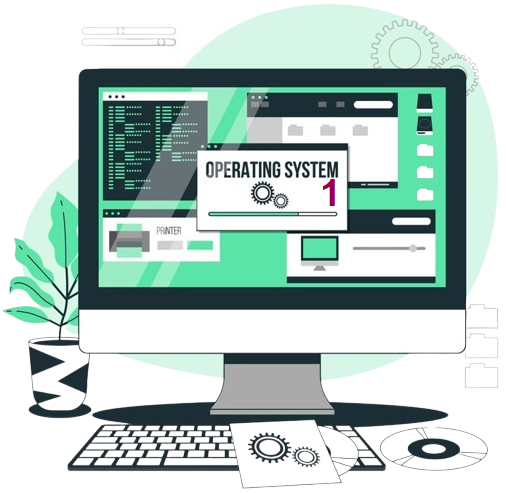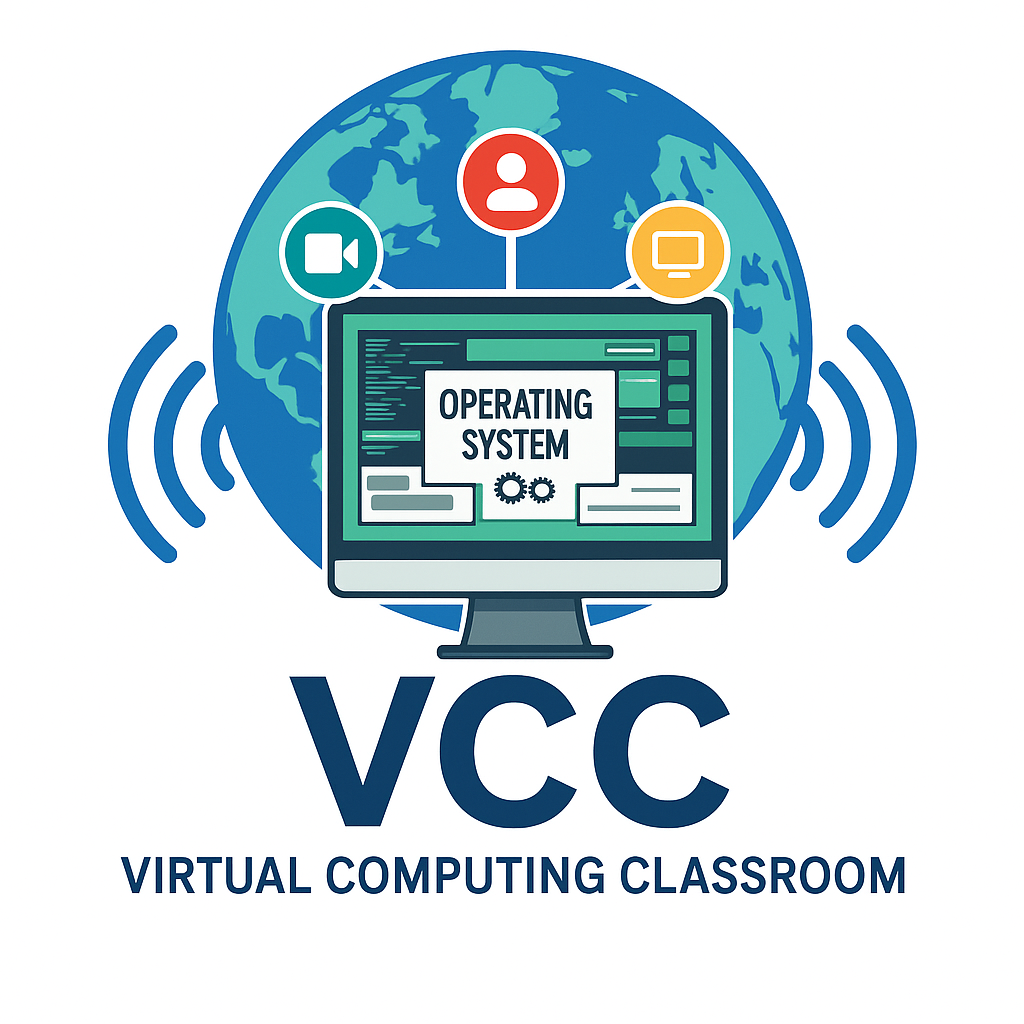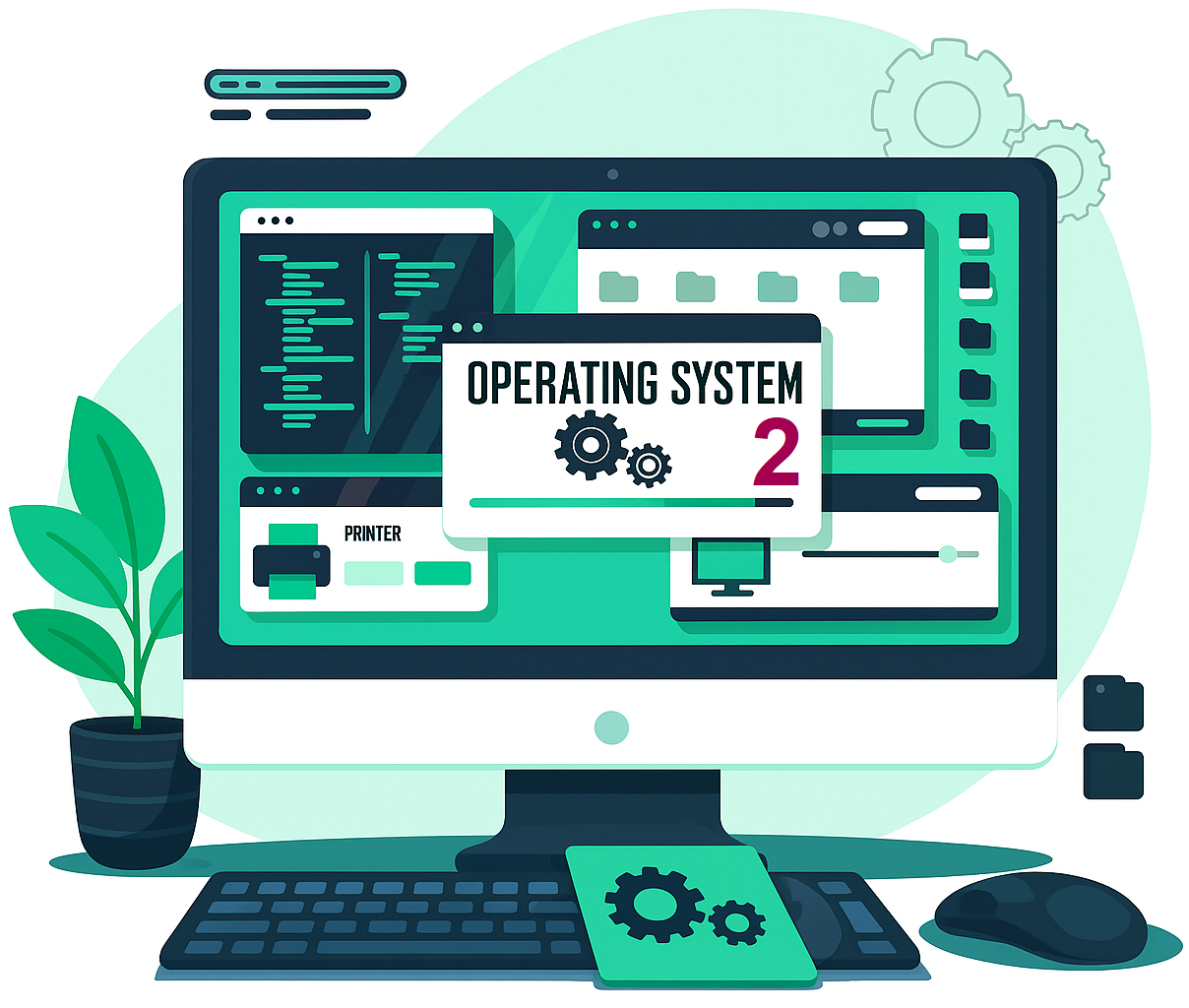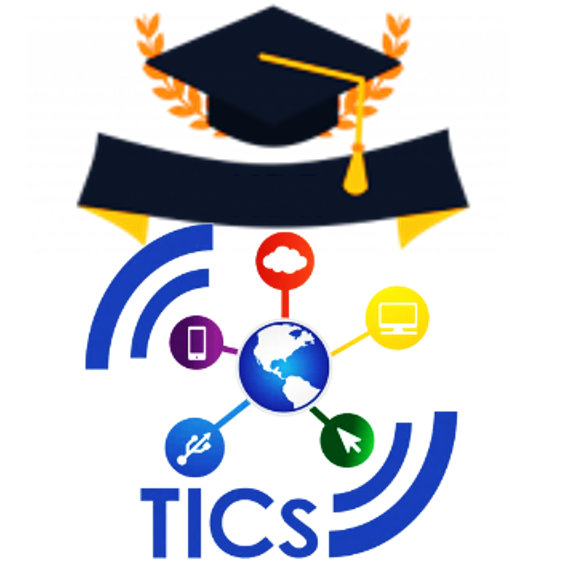
This course is primarily designed for first-year students enrolled in the Foundational Training (FB) program in Cybersecurity.
- The course introduces the fundamental principles of modern operating systems, focusing on their structure, core components, and operational mechanisms.
- In addition to theoretical concepts, with a particular focus on Linux as the primary platform used in cybersecurity and network administration, students will learn how operating systems manage hardware, users, processes, and files.
Through hands-on exercises, students will gain practical experience in using the Linux command line, managing users and permissions, and writing shell scripts. The course emphasizes practical knowledge of operating system use and configuration, providing a solid foundation for advanced studies in cybersecurity, system administration, and related fields.
Course Objectives and Learning Outcomes :
By the end of this course, students will be able to :
- Understand the basic principles and architecture of modern operating systems.
- Use and configure a Linux-based environment efficiently.
- Master essential command-line operations for system administration and cybersecurity tasks.
- Manage files, users, and processes securely.
- Write simple shell scripts to automate system tasks.
- Apply basic networking and security administration concepts.
- Teacher: Sassi BENTRAD
- Teacher: El Houcine BOUTELLAA



